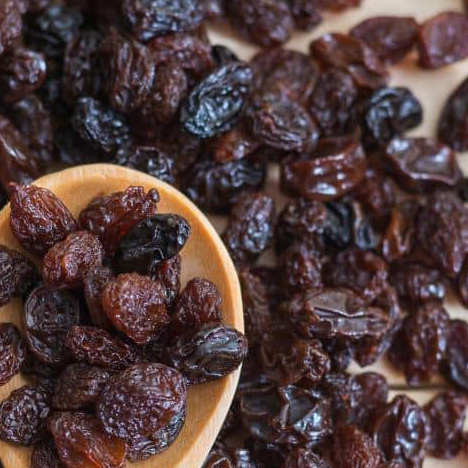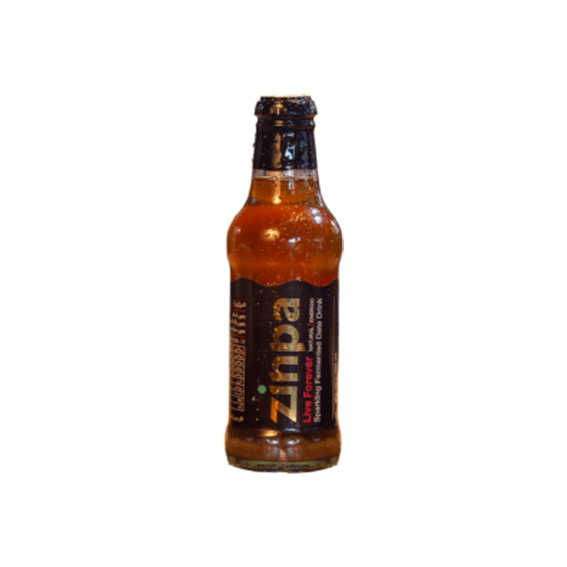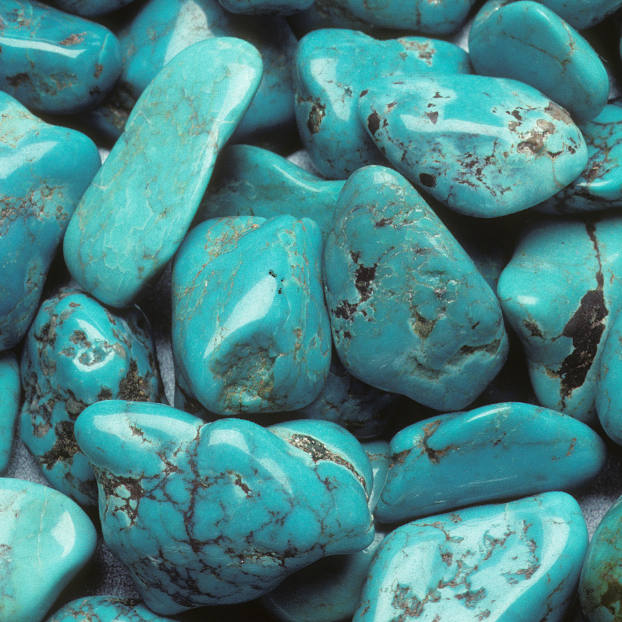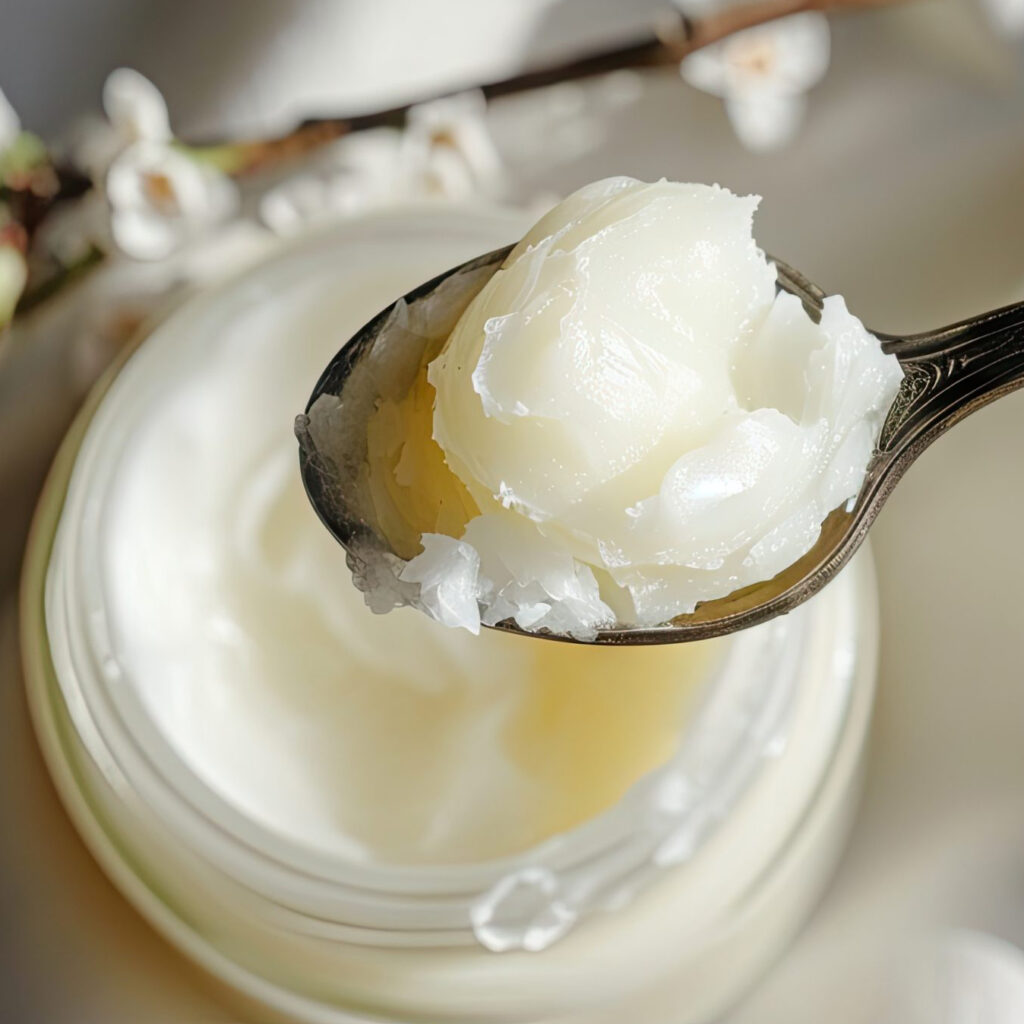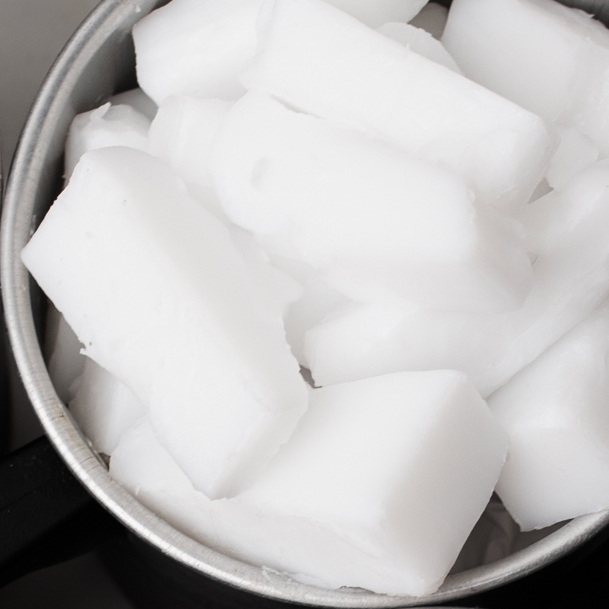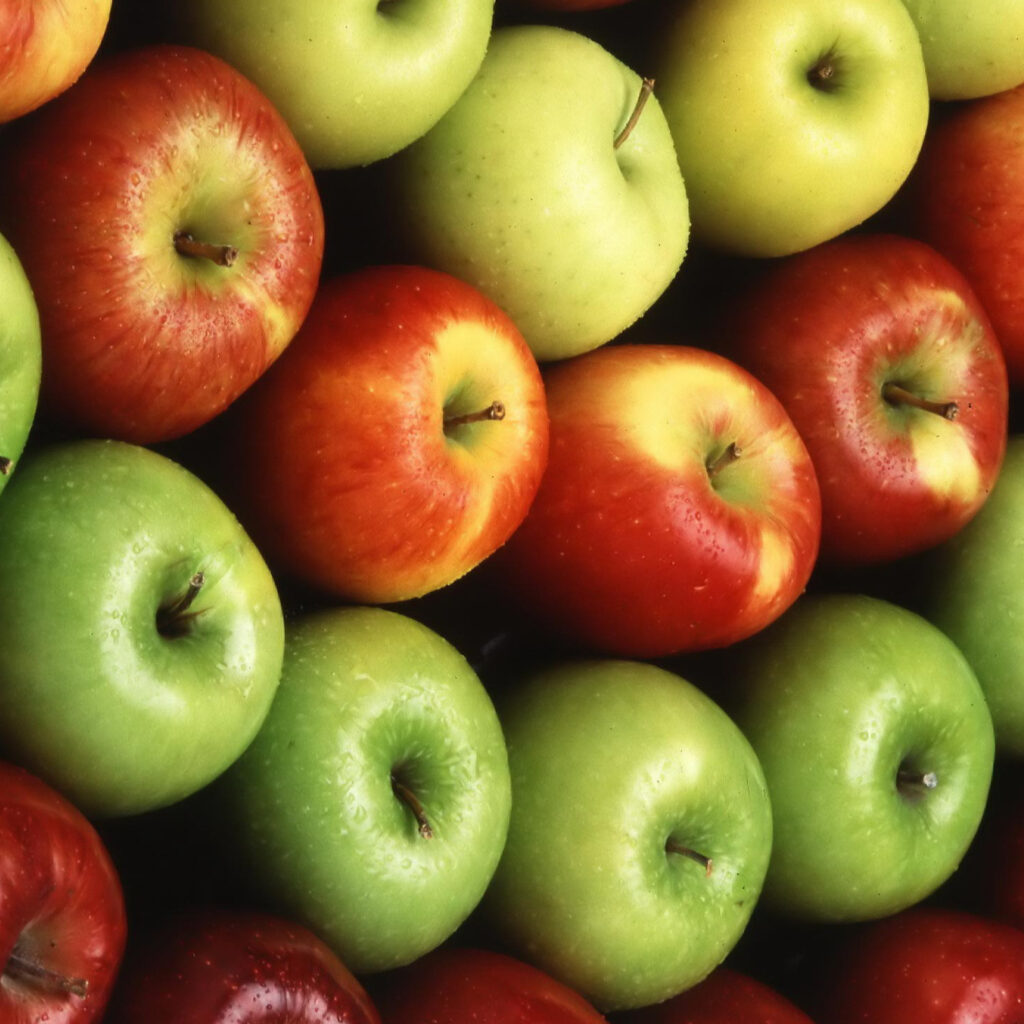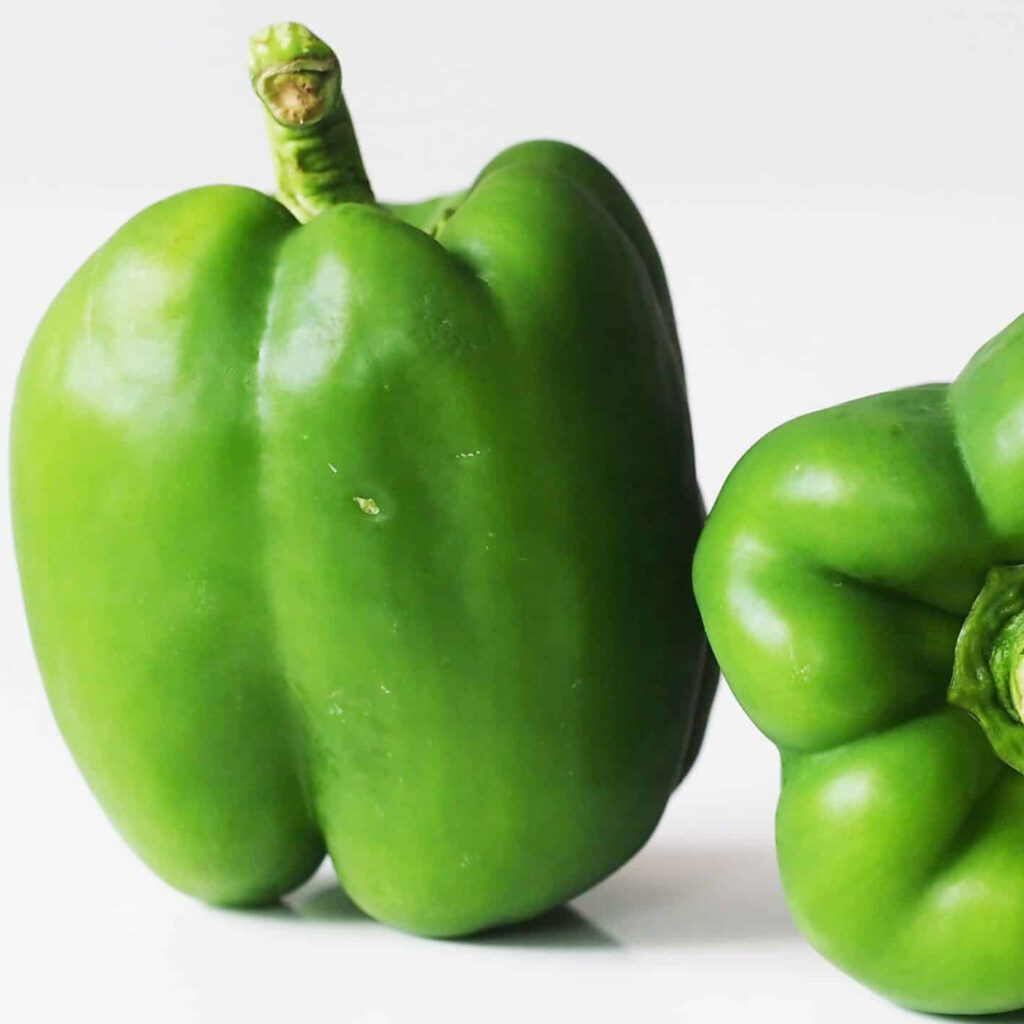A raisin is a dried grape, typically used in cooking, baking, or eaten as a snack. They’re naturally sweet and often come from grapes such as Thompson Seedless or Black Corinth varieties. Raisins are rich in sugars, fiber, and antioxidants and are widely used in desserts, cereals, and salads.
Raisins are a nutritious snack and ingredient, offering several health benefits. Here’s a breakdown of their nutritional content and uses:
Nutritional Content (per 100 grams of raisins):
- Calories: ~299 kcal
- Carbohydrates: 79 grams (mostly from natural sugars like glucose and fructose)
- Fiber: 3-4 grams (helps with digestion)
- Protein: 3 grams
- Fat: 0.5 grams (very low)
- Vitamins:
- Vitamin C: Small amounts
- Vitamin K
- B Vitamins (B6, Thiamine)
- Minerals:
- Potassium: ~749 mg (important for heart health)
- Iron: 1-2 mg (helps in oxygen transport)
- Magnesium
- Calcium
- Phosphorus
Health Benefits:
- Rich in Antioxidants: Raisins contain polyphenols and flavonoids that can help reduce oxidative stress, potentially lowering the risk of chronic diseases.
- Heart Health: The potassium content in raisins helps regulate blood pressure and supports overall heart health.
- Digestive Health: The fiber in raisins can improve bowel movements and help prevent constipation.
- Bone Health: Raisins provide some calcium and boron, which contribute to bone health, particularly in postmenopausal women.
- Energy Boost: Due to their high natural sugar content, they provide a quick energy boost, making them great for athletes or as a quick snack.
Common Uses:
- Baking: Added to cookies, breads, muffins, and cakes.
- Cooking: Used in savory dishes like curries, pilafs, and stuffing.
- Snacking: Eaten on their own, often included in trail mixes.
- Toppings: Sprinkled on cereals, oatmeal, yogurt, and salads.
- Sweeteners: Sometimes used as a natural sweetener in smoothies and sauces.
Raisins are versatile and can fit into many diets. However, their high sugar content means they should be eaten in moderation, especially for people watching their sugar intake.

